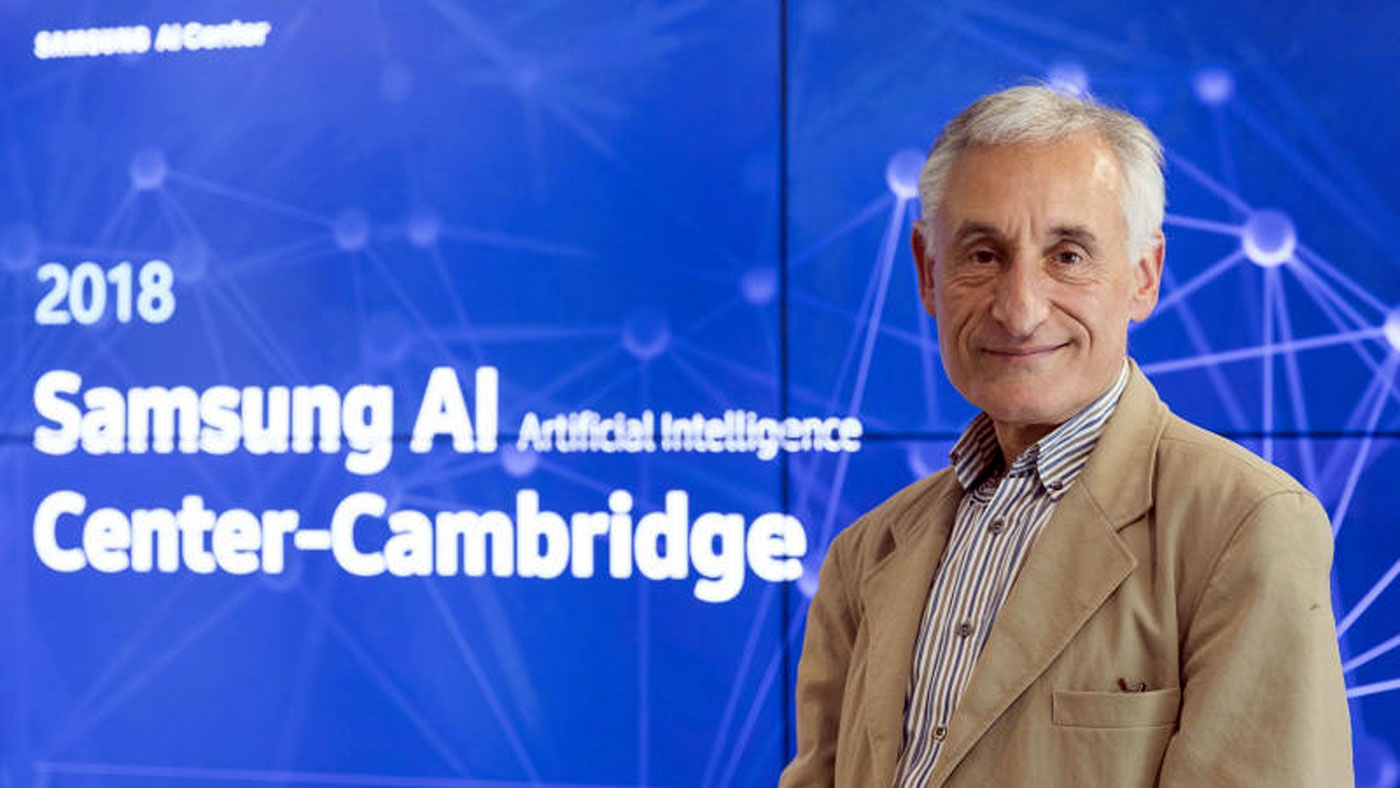Cambridge lab will teach computers to study emotions
South Korean tech giant Samsung plans new AI centre in Cambridge

A free daily email with the biggest news stories of the day – and the best features from TheWeek.com
You are now subscribed
Your newsletter sign-up was successful
Samsung is planning to open an artificial intelligence research lab in Cambridge, creating 150 highly-skilled jobs in a cutting-edge sector which the Government says will be key to Britain’s industrial future.
The new lab, which will teach computers to recognise human emotions and improve the way they interact with us, will increase the Korean electronics firm’s UK-based research team by almost half.
It will be led by Professor Andrew Blake, a “pioneering researcher in the development of systems that enable computers to interpret visual data, says Bloomberg. As research director of the Turing Institute, he helped develop the technology that allows computers to recognise human faces.
The Week
Escape your echo chamber. Get the facts behind the news, plus analysis from multiple perspectives.

Sign up for The Week's Free Newsletters
From our morning news briefing to a weekly Good News Newsletter, get the best of The Week delivered directly to your inbox.
From our morning news briefing to a weekly Good News Newsletter, get the best of The Week delivered directly to your inbox.
Blake said the new centre will “help us to better understand human behaviour, exploring areas like emotion recognition, and ... develop AI technologies that ultimately improve people’s lives”.
The news was welcomed by Theresa May, who said the centre will “create high-paying, high-skilled jobs” and represents a “vote of confidence in the UK as a world leader in artificial intelligence”.
The PM said her Government’s “modern industrial strategy” would encourage similar investment across the UK. In April, the Government announced investment of nearly £1bn in AI over several years, with £300m of that coming from private firms.
Companies involved “include Microsoft, Hewlett Packard Enterprise, IBM, McKinsey, and Pfizer” says Fortune magazine.
A free daily email with the biggest news stories of the day – and the best features from TheWeek.com
Take our survey for your chance to win £100 John Lewis vouchers
-
 5 cinematic cartoons about Bezos betting big on 'Melania'
5 cinematic cartoons about Bezos betting big on 'Melania'Cartoons Artists take on a girlboss, a fetching newspaper, and more
-
 The fall of the generals: China’s military purge
The fall of the generals: China’s military purgeIn the Spotlight Xi Jinping’s extraordinary removal of senior general proves that no-one is safe from anti-corruption drive that has investigated millions
-
 Why the Gorton and Denton by-election is a ‘Frankenstein’s monster’
Why the Gorton and Denton by-election is a ‘Frankenstein’s monster’Talking Point Reform and the Greens have the Labour seat in their sights, but the constituency’s complex demographics make messaging tricky
-
 Claude Code: Anthropic’s wildly popular AI coding app
Claude Code: Anthropic’s wildly popular AI coding appThe Explainer Engineers and noncoders alike are helping the app go viral
-
 Will regulators put a stop to Grok’s deepfake porn images of real people?
Will regulators put a stop to Grok’s deepfake porn images of real people?Today’s Big Question Users command AI chatbot to undress pictures of women and children
-
 Most data centers are being built in the wrong climate
Most data centers are being built in the wrong climateThe explainer Data centers require substantial water and energy. But certain locations are more strained than others, mainly due to rising temperatures.
-
 The dark side of how kids are using AI
The dark side of how kids are using AIUnder the Radar Chatbots have become places where children ‘talk about violence, explore romantic or sexual roleplay, and seek advice when no adult is watching’
-
 Why 2025 was a pivotal year for AI
Why 2025 was a pivotal year for AITalking Point The ‘hype’ and ‘hopes’ around artificial intelligence are ‘like nothing the world has seen before’
-
 AI griefbots create a computerized afterlife
AI griefbots create a computerized afterlifeUnder the Radar Some say the machines help people mourn; others are skeptical
-
 The robot revolution
The robot revolutionFeature Advances in tech and AI are producing android machine workers. What will that mean for humans?
-
 Separating the real from the fake: tips for spotting AI slop
Separating the real from the fake: tips for spotting AI slopThe Week Recommends Advanced AI may have made slop videos harder to spot, but experts say it’s still possible to detect them